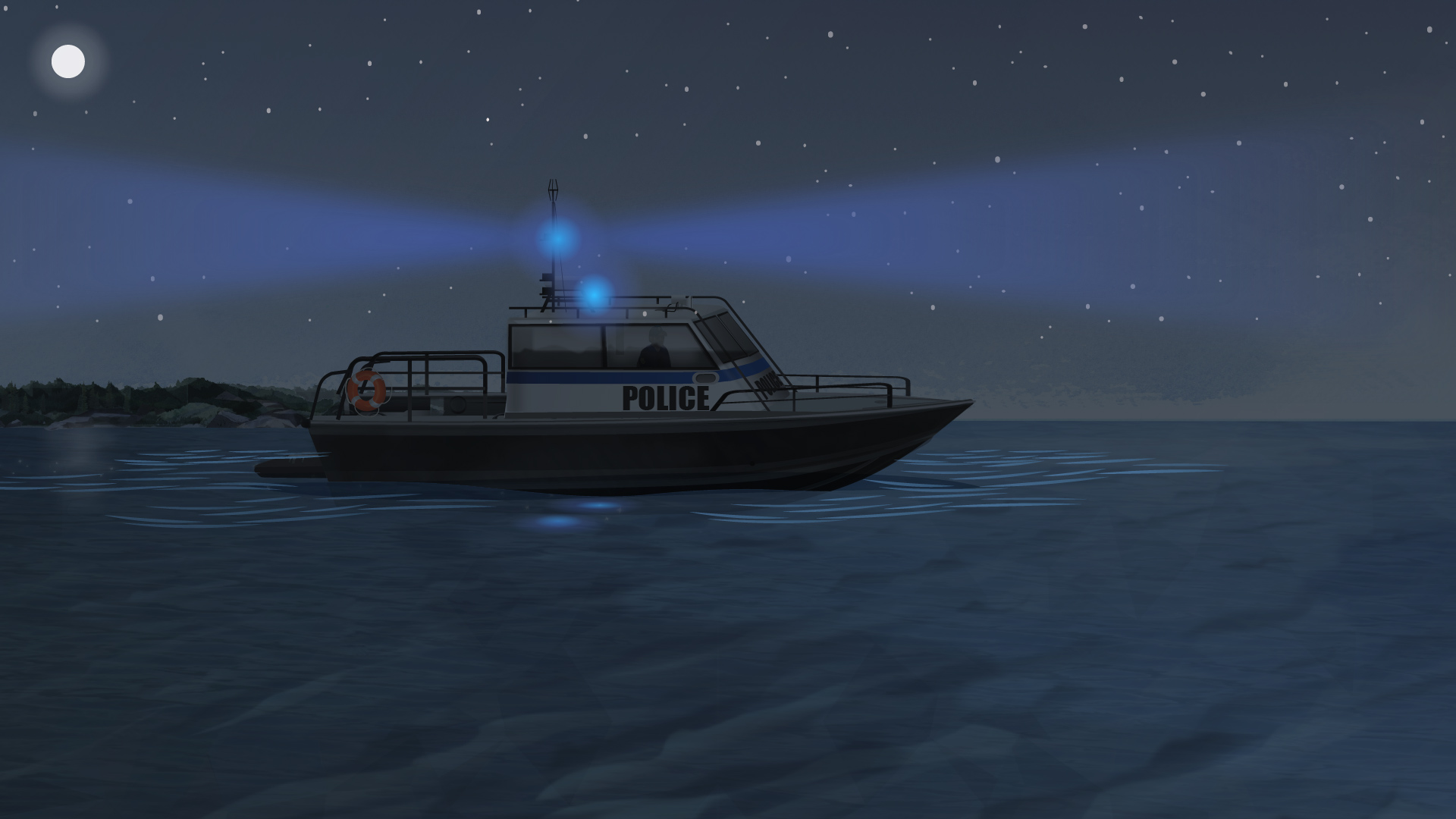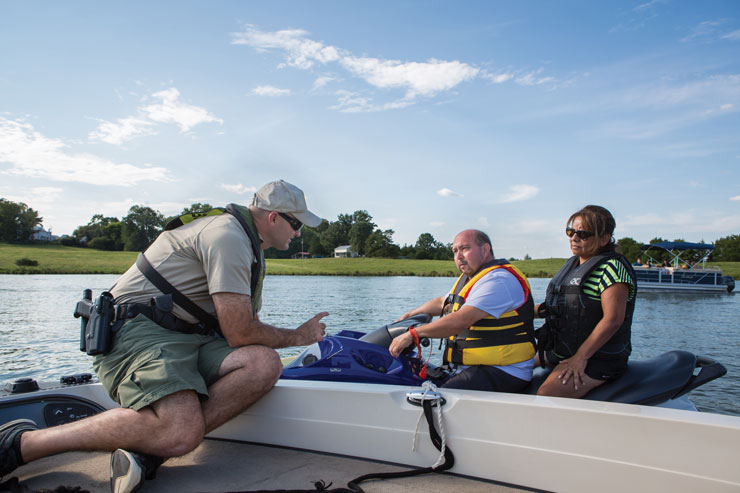Boating laws are enforced by a variety of agencies, depending on the jurisdiction. In the United States, the U.S. Coast Guard (USCG) is the primary agency responsible for enforcing boating laws on federal waters. State and local agencies may also enforce boating laws on waters within their jurisdiction.
The USCG has the authority to stop, board, and inspect any vessel on federal waters. They also have the authority to issue citations and fines for violations of boating laws. State and local agencies have similar authority on waters within their jurisdiction.
Some of the most common boating laws that are enforced include:
- Operating a vessel while under the influence of alcohol or drugs
- Operating a vessel without a life jacket
- Operating a vessel too fast for conditions
- Operating a vessel without a proper registration
- Operating a vessel in a reckless or negligent manner
Violations of boating laws can result in fines, penalties, and even imprisonment. It is important to be aware of the boating laws in the jurisdiction where you will be boating and to obey those laws.
Here are some tips for staying safe on the water:
- Always wear a life jacket.
- Obey all boating laws.
- Be aware of your surroundings.
- Don’t drink and boat.
- Be a responsible boater.
By following these tips, you can help to ensure a safe and enjoyable boating experience.
The United States Coast Guard is responsible for enforcing boating laws in the United States. The Coast Guard regulates the construction and safety of boats, and they also enforce federal environmental laws related to boating. They work to ensure that boats are operated safely and that boat owners comply with environmental regulations.
Any time you operate a boat, you are subject to boating laws. These laws are enforced by the Coast Guard, state and local police, and other law enforcement agencies. Boaters who break the law can be fined or even arrested.
The Coast Guard is responsible for enforcing federal boating laws. They patrol waterways and can stop boats to inspect them for safety violations. The Coast Guard can also issue citations or make arrests if they witness a boating violation.
State and local police also have the authority to enforce boating laws. They may patrol waterways or respond to complaints from the public about unsafe or illegal boat operation. State and local police can issue citations or make arrests for boating violations.
Other law enforcement agencies that may enforce boating laws include sheriffs’ departments, game wardens, and park rangers. If you see an unsafe situation on the water, you should report it to the nearest law enforcement agency so they can take appropriate action.

Credit: thecampfirecollective
Who Enforces Canada’S Boating Laws?
The Canadian Coast Guard is responsible for enforcing Canada’s boating laws. The coast guard works to ensure that all boats are operated in a safe and responsible manner, and that all boaters have the necessary skills and knowledge to safely operate their vessels.
The coast guard also responds to marine emergencies, assists in search and rescue operations, and helps to protect the environment.
In addition to enforcing boating laws, the coast guard also provides educational materials and programs to help boaters stay safe on the water.
What Agency is Responsible for Regulating the State Boating Laws in Texas?
The agency responsible for regulating the state boating laws in Texas is the Texas Parks and Wildlife Department. This department is responsible for managing and protecting the state’s natural resources, including its wildlife, parks, and waterways. The department also enforces the state’s boating laws and regulations.
Can Local Police Board Your Boat?
Yes, local police have the authority to board your boat if they have reasonable suspicion that a crime is being committed. Once on board, they can conduct a search of the vessel and its occupants. If they find evidence of criminal activity, they can make arrests and seize any contraband.
Who is Responsible for Regulating the State Boating Laws in Virginia?
The Virginia Marine Resources Commission is responsible for regulating the state boating laws in Virginia. The commission is made up of nine members who are appointed by the Governor. The commission sets policies and regulations for the conservation and management of marine resources in Virginia.
They also oversee the registration and titling of boats, as well as regulating boat safety.
NC Wildlife officials patrol lakes to enforce social distancing, boating laws
Can Police Officers Enforce Boating Safety Regulations
As the weather gets warmer and more people head out onto the water, it’s important to remember that there are safety regulations in place for a reason. And while most people obey the rules, there are always a few bad apples who choose to flout the law.
That’s where police officers come in.
They have the authority to enforce boating safety regulations and make sure that everyone is following the rules.
There are a few things that police officers can do to enforce boating safety regulations. First, they can issue citations or warnings to boats that are not in compliance with the rules.
This is a good way to get people’s attention and let them know that they need to shape up or face consequences.
Second, police officers can conduct boat inspections. This is a great way to identify any potential safety hazards on a vessel and make sure that everything is up to code.
Lastly, police officers can provide education and awareness about boating safety. By doing this, they can help prevent accidents before they happen.
Conclusion
The U.S. Coast Guard is responsible for enforcing federal boating laws and regulations. State and local law enforcement agencies also have the authority to enforce state boating laws.
